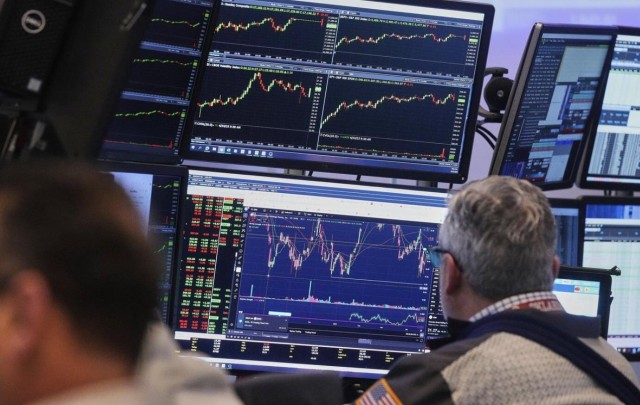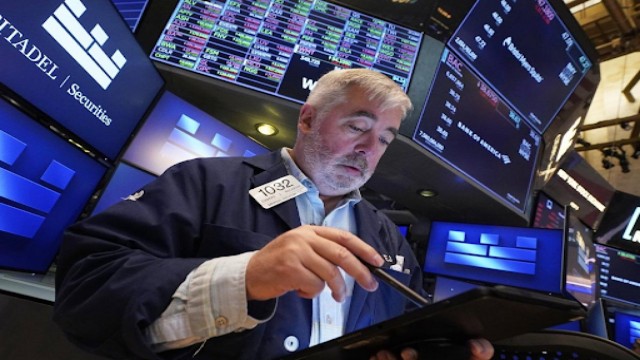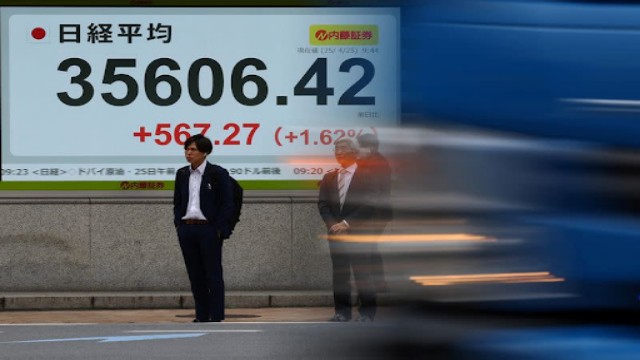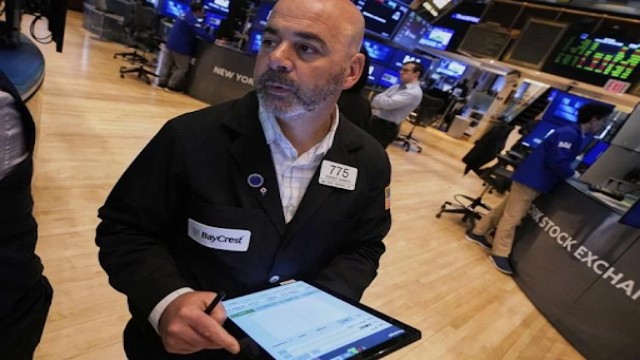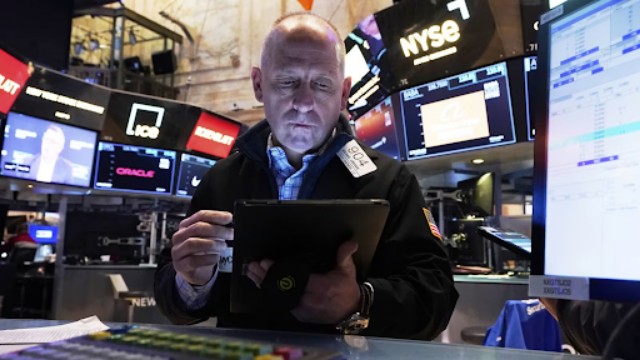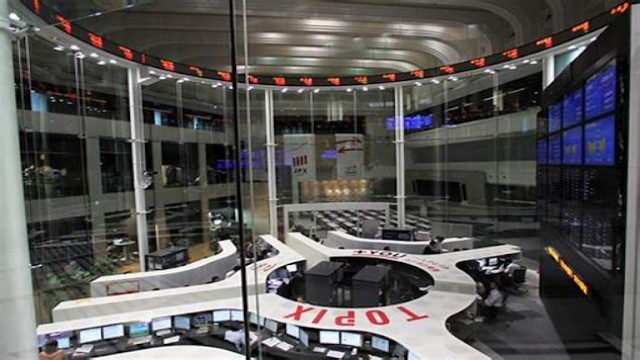
U.S. stock futures fall as markets in Asia begin the week with caution.
Asian markets started the week on a cautious note as investors waited for updates on US trade talks and potential economic stimulus from China. A regional index saw a small increase of 0.6%, while US S&P 500 futures dropped 0.6%, signalling a possible end to a recent rally in US stocks. European market futures remained mostly unchanged. Gold prices fell by 1.6% as traders adjusted their positions, fearing that gold’s recent rise may have been too fast. Meanwhile, the US dollar stayed steady, and 10-year Treasury yields rose slightly.
This week is significant for earnings reports in Asia, and investors are focused on key economic data, including the Bank of Japan's rate decision and US reports on jobs and GDP. Traders are also hoping that the US Federal Reserve might cut interest rates sooner than expected, which could help boost the markets. However, some experts remain cautious, advising investors to focus on safer, domestic opportunities due to ongoing global uncertainties around trade and geopolitics.
Xin-Yao Ng, a fund manager at Aberdeen Investments in Singapore, stressed the importance of staying cautious and focusing on domestic markets, as global uncertainties, particularly with tariffs and politics, continue to affect market sentiment.
Four major tech companies, often referred to as the "Magnificent Seven" (Microsoft, Apple, Meta, and Amazon), are set to report their earnings this week. These companies, along with Google’s parent company Alphabet, Tesla, and Nvidia, are expected to see an average profit growth of 15% in 2025, despite rising trade tensions.
In Europe, Ukrainian President Volodymyr Zelenskyy expressed hope for lasting peace after meeting with US President Donald Trump, although Trump expressed doubts about Russia’s intentions to end the war in Ukraine. US trade negotiations remain in focus, especially with China, after Trump suggested there would be no further delays in imposing higher tariffs.
The US Treasury continues to focus on bilateral trade deals with 17 key countries, excluding China, and is crafting a framework for negotiations with others. US Treasury Secretary Scott Bessent reiterated that China will be forced to negotiate due to the unsustainable nature of Trump’s tariffs on Chinese goods.
In Asia, China’s finance minister, Lan Fo’an, announced that China would implement proactive policies to reach its growth targets and stabilize the global economy. China is also committed to supporting employment and economic growth while ensuring ample liquidity by adjusting interest rates and bank reserve requirements.
In Japan, Toyota Industries saw a significant rise in stock value as investors tried to assess the impact of Toyota Motor’s Chairman Akio Toyoda’s proposal to buy out the company, sparking speculation about future corporate governance changes at Japan’s largest business group.
Market movements showed a mixed picture, with S&P 500 and Nasdaq 100 futures both falling 0.6%. Meanwhile, Japan’s Topix rose 0.8%, and Australia’s S&P/ASX 200 increased by 0.4%. Hong Kong’s Hang Seng index saw a slight rise of 0.1%, while the Shanghai Composite remained almost unchanged. European markets remained steady, with Euro Stoxx 50 futures showing little change.
Currencies stayed stable, with the dollar and euro showing little movement. The British pound and Japanese yen were also steady. Bitcoin and Ether saw slight declines, with Bitcoin down by 0.1% and Ether falling 0.5%. Gold dropped by 0.8%, while oil prices saw a slight increase of 0.6%.
Investors continue to monitor how these developments will unfold, as they may have significant effects on the markets in the coming days and weeks.



